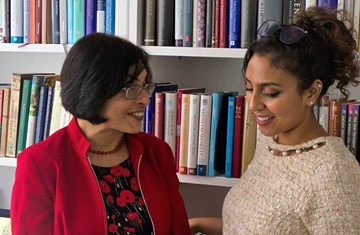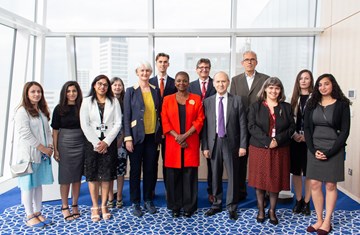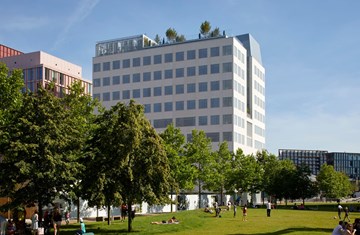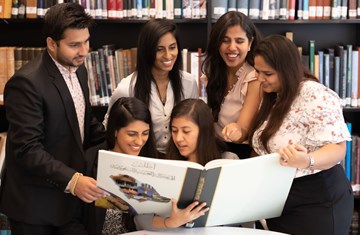Higher Education in the UK
Most students start Higher Education at the age of 18, studying for an undergraduate degree. The
average Bachelor’s Award usually takes three years to complete, although some incorporate or have an option for a fourth year.
- The Undergraduate (Bachelor of Arts, BA; Bachelor of Science, BSc is pitched at Level 6 of the National Qualifications Framework for England, Wales and Northern Ireland)
- Undergraduate courses are focused on the acquisition of knowledge, the development of critical thinking skills, and – particularly for technically-oriented programmes – work-related skills.
- On graduation from their first degree, many students continue their studies enrolling in a postgraduate programme.
On graduation from their first degree, many students continue their studies enrolling in a postgraduate programme.
The average postgraduate programme usually lasts one year, although longer courses are also on offer. Such programmes emphasise research and critical thinking: the student is considered an advanced learner, capable of pursuing their study and research interests independently and creatively.
Tuition fees are currently capped at £9,250 per year for British students, whereas fees for international students are likely to be significantly higher, sometimes reaching £30,000 per year or more.
- Postgraduate tuition fees for British students are usually in the region of £6,000 per year, but they may also be significantly higher.
- Fees for international students are usually significantly higher, sometimes reaching £30,000 per year or more.







